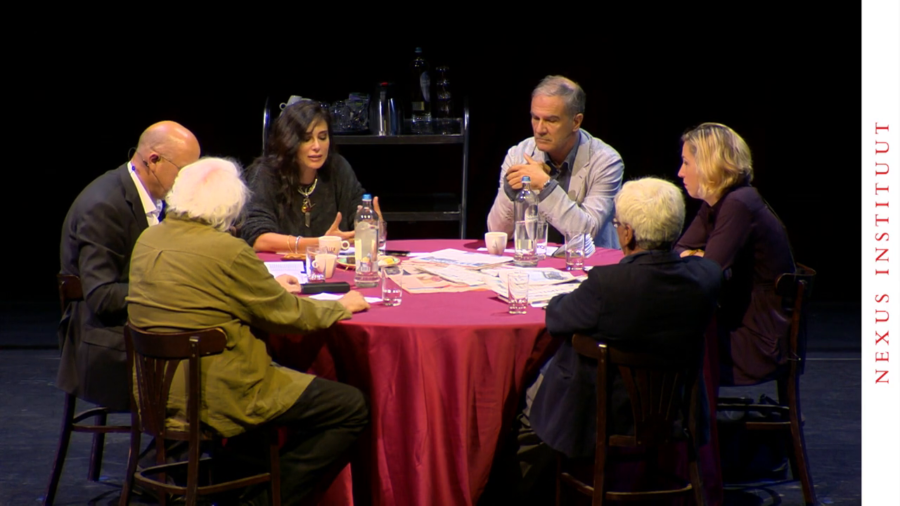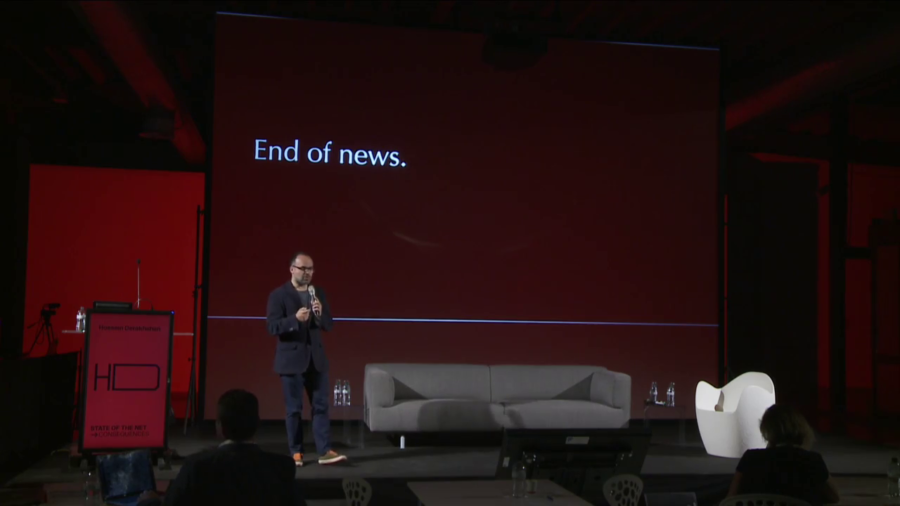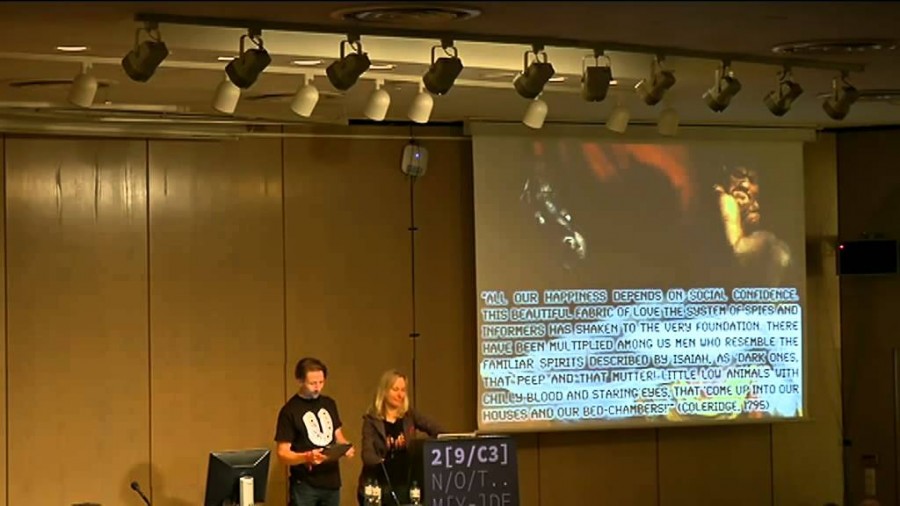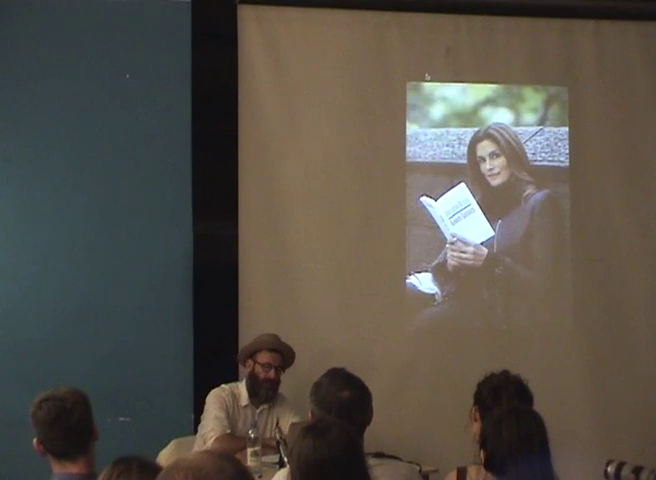It seems to me that every political order has its kind of official crap art, you know. The official crap art of the Soviet regimes was socialist realism. And the official crap art of neoliberal regimes, or orders, is sentimental humanism.
Archive

In America now, you can defend the humanities but only on economic grounds. So a theater improves a neighborhood. Or many people who study English become McKinsey consultants. But the fact is that you do it for itself, intrinsically, and you do it for the cultivation of the person and the cultivation of the citizen. Which should be reward enough.

I think this is the end of the news. Not the end of journalism, end of news. And I think the whole discussion about business models, or quality, or trust, or ethics are secondary to what is the real problem, which is a cultural problem and a social problem.

[T]otalizing perspectives which feed into mass-surveillance were framed ideologically in the Romantic period. Not only that, but strategies for resisting these totalizing narratives also emerged in the Romantic period in forms that exhibit suggestive correspondences with contemporary hacking.
I’m going to talk about a bot-like creation that was occasioned by NaNoGenMo last year, World Clock. It has a rather curious story to what’s happened after I developed it.


